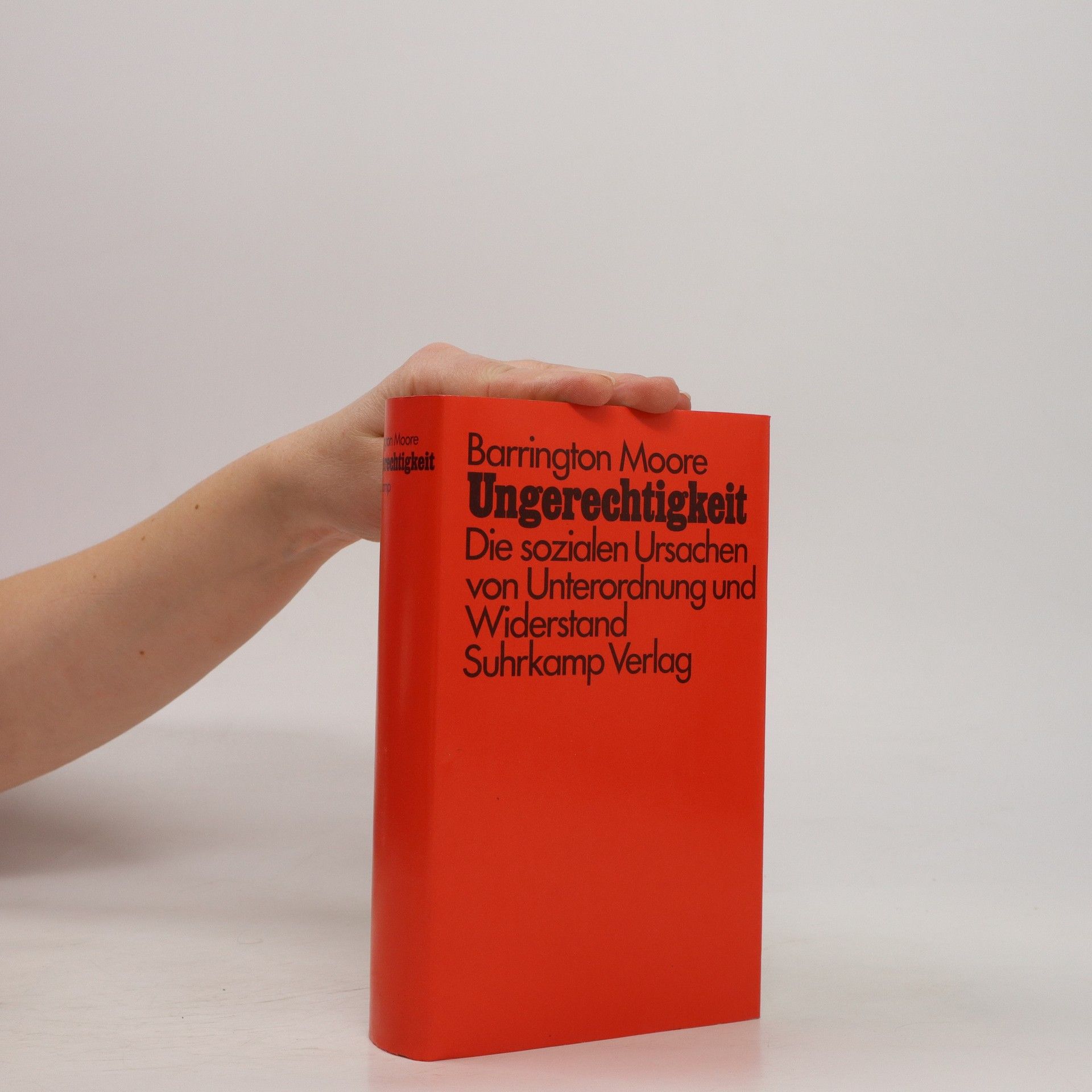Barrington Moore Libros
Este influyente sociólogo profundiza en los orígenes de la dictadura y la democracia a lo largo de la historia moderna. Su obra examina las intrincadas relaciones entre las clases sociales y el desarrollo político, ofreciendo una visión profunda de por qué algunas sociedades se inclinaron hacia el autoritarismo mientras otras alcanzaron la democracia. Enfatiza las consecuencias inesperadas de la modernidad y cómo los cimientos de la obediencia y la revuelta pueden estar profundamente arraigados en la justicia o la injusticia. Sus análisis son incisivos y provocan la reflexión sobre las fuerzas estructurales que dan forma a la historia humana.



Ungerechtigkeit
Die sozialen Ursachen von Unterordnung und Widerstand
Moore fragt in diesem Buch, warum Menschen sich so häufig damit abfinden, Opfer ihrer Gesellschaft zu sein, und warum sie manchmal überaus zornig werden und mit Leidenschaft und Gewalt ihre Situation zu verändern suchen. Unter der Fragestellung, welche allgemeinen Faktoren der Hinnahme von Unrecht zugrunde liegen, diskutiert Barrington Moore u. a. die Unberührbarkeit in Indien, die nationalsozialistischen Konzentrationslager und die Experimente von Stanley Milgram. Das Zentrum des Buches bildet eine Untersuchung der deutschen Arbeiterschaft von 1848-1920.
Soziale Ursprünge von Diktatur und Demokratie
- 634 páginas
- 23 horas de lectura